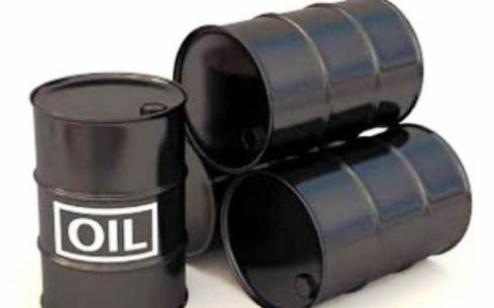
LAGOS MARCH 9TH (NEWSRANGERS)-The world’s faltering effort to contain the coronavirus outbreak hammered stocks and crude oil on Sunday, as new cases surfacing across the U.S. amplified fears of a global downturn.
Brent crude (BZ=F) prices collapsed, falling by as much as 31% on Sunday evening in what was the largest single-day drop since the U.S. invaded Iraq in 1991.
OPEC’s failure last week to strike a deal to cut production prompted Saudi Arabia to lean in aggressively on cheaper oil prices, which fanned concerns about a full-fledged price war that sent oil into free-fall. Investors appeared to price in the likelihood that Saudi Arabia’s fight with Russia over market share will worsen the dramatic spiral lower in prices, taking place against a backdrop of falling demand and plentiful supply.
The coronavirus epidemic has stoked fears of a sharp global downturn, which have in turn weighed heavily on major benchmarks and crude (CL=F). Around 6:40 pm. ET, Dow, S&P and Nasdaq futures were all pinned deeply in the red, suggesting that last week’s volatile price action was set to continue.
Most economists estimate that cheaper oil translates into lower gasoline prices, which act as a de-facto tax cut for consumers.
Yet with the COVID-19 epidemic creating supply shocks and forcing business activity to grind to a halt, analysts don’t see much to cheer about in the current price action.
“There’s always winners and losers in any market, but right now the idea that lower gasoline prices is going to put more cash in workers’ pockets and give consumer spending and the economy a boost doesn’t seem to cushion the blow for stock market investors,” wrote Chris Rupkey, MUFG’s chief financial economist, in an email on Sunday evening.
“They want out. Big time. The sky is falling,” he said.
Analysts are also nervously eyeing U.S. shale producers, which are expected to suffer as cheap oil makes it unprofitable to churn out more supply. Most have financed expansion via debt, fueled by cheap credit.
“U.S. shale production is capital intensive, and debt servicing made for high fixed costs,” noted Marc Chandler, managing director at Bannockburn Global Forex. “Even before the latest shocks, shale producers were struggling.”
Yahoo Finance










